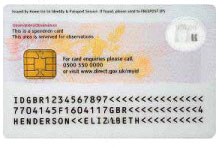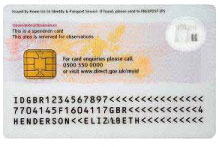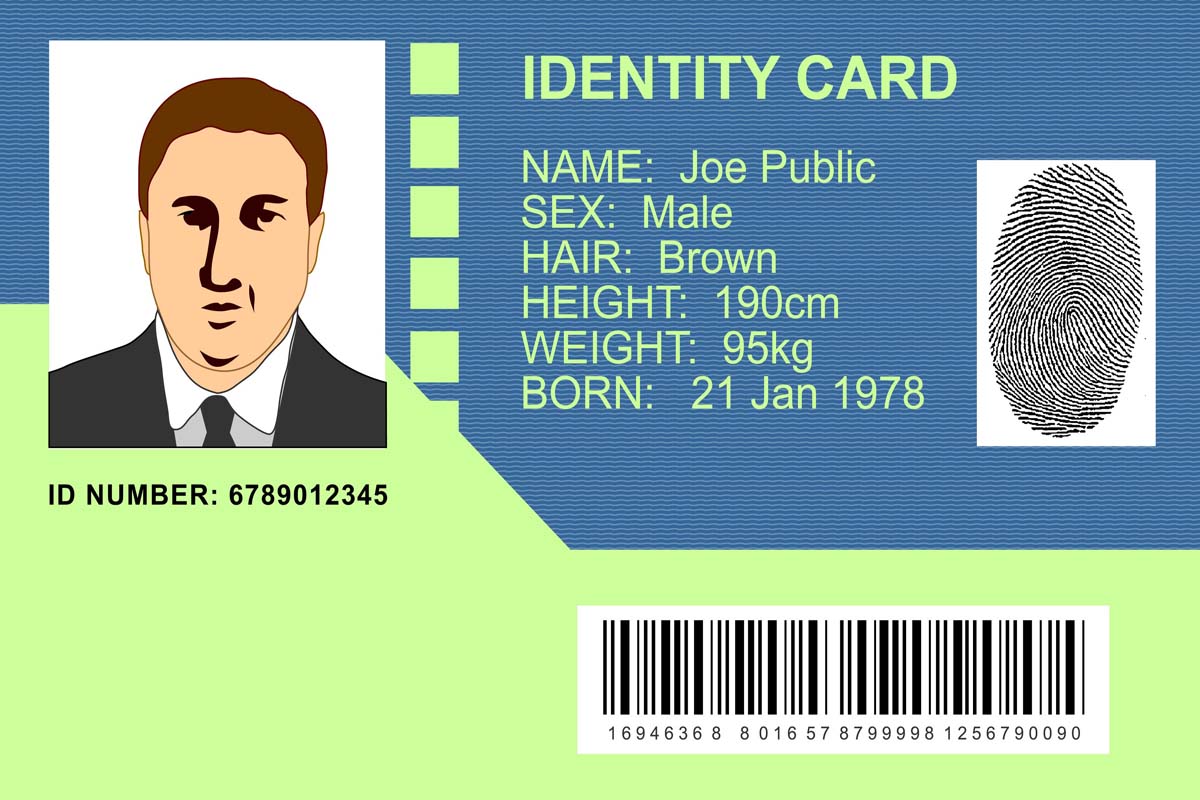Ditching ID cards would save more than £3 billion
Kable has claimed that the fingerprinting aspect of passports alone will cost nearly one billion pounds.


Scrapping the controversial ID card scheme would save the government more than 3 billion, according to public sector analysts Kable.
Rolling out the National Identity Scheme will cost around 4.95 billion for the next 10 years. That includes identity cards, biometric passports and the database to back them up.
If elected, the Conservative Party has promised to ditch the controversial ID card scheme. The card for British citizens was unveiled last month, while foreign nationals are already being handed the cards.
If the ID cards, National Identity Register and fingerprints on passports were all dropped, the government would save 3.08 billion. Ditching the cards and the database, but keeping the fingerprinting system, would save 2.2 billion - suggesting such biometrics will cost just under a billion.
Fingerprinting is so expensive because it means those needing a new passport must apply in person, rather than through the post. According to Kable, the government will be recording all 10 fingerprints, but only embed two on the microchips of passports and ID cards.
"The cancellation would impact almost every aspect of the National Identity Scheme," said Philippe Martin, senior analyst at Kable and the report's author, said in a statement.
"Not only will it avoid the cost of producing the cards, but it will also reduce the large distribution costs associated with sending new or renewed cards for those which have been lost or stolen," he added. "It would also reduce the cost of application, enrolment and call centre processing."
Get the ITPro daily newsletter
Sign up today and you will receive a free copy of our Future Focus 2025 report - the leading guidance on AI, cybersecurity and other IT challenges as per 700+ senior executives
Click here for everything you need to know about ID cards.
Freelance journalist Nicole Kobie first started writing for ITPro in 2007, with bylines in New Scientist, Wired, PC Pro and many more.
Nicole the author of a book about the history of technology, The Long History of the Future.
-
 Bigger salaries, more burnout: Is the CISO role in crisis?
Bigger salaries, more burnout: Is the CISO role in crisis?In-depth CISOs are more stressed than ever before – but why is this and what can be done?
By Kate O'Flaherty Published
-
 Cheap cyber crime kits can be bought on the dark web for less than $25
Cheap cyber crime kits can be bought on the dark web for less than $25News Research from NordVPN shows phishing kits are now widely available on the dark web and via messaging apps like Telegram, and are often selling for less than $25.
By Emma Woollacott Published
-
 ID cards decommissioned
ID cards decommissionedNews Although few got on board with the scheme, any existing UK ID cards are now useless for proof of identity when travelling.
By Jennifer Scott Published
-
 Brown: ID cards needed to tackle immigration
Brown: ID cards needed to tackle immigrationNews In the second leaders' debate last night, prime minister Gordon Brown stuck to his guns when it came to ID cards and biometric passports.
By Jennifer Scott Published
-
 Clegg calls for ID cards to be scrapped in first TV debate
Clegg calls for ID cards to be scrapped in first TV debateNews UK politics took a step forward last night with its first television debate and digital Britain wasn't far from one of the prospective prime minister's lips.
By Jennifer Scott Published
-
 Government wants business ideas for ID cards
Government wants business ideas for ID cardsNews The government's created the infrastructure, now it's time for the public and private sector to come up with applications, according to minister Meg Hillier.
By Nicole Kobie Published
-
 The worst IT disasters of 2009
The worst IT disasters of 2009In-depth There were a lot of high points in tech this year, but some pretty big screw ups, too. Here are our top 10 IT failures of the year.
By Stephen Pritchard Published
-
 Foreign nationals ID cards expedited
Foreign nationals ID cards expeditedNews Workers with a UK job-offer to get ID cards early, the government has confirmed.
By David Neal Published
-
 Government appoints first ID commissioner
Government appoints first ID commissionerNews Former Home Office employee Sir Joseph Pilling will be the independent watchdog for the ID card scheme.
By Nicole Kobie Published
-
 Week in Numbers: Stamping out spam?
Week in Numbers: Stamping out spam?News Research reveals that many viruses leave PCs within 24 hours, and Opera releases its third beta for its Opera 10 browser.
By Richard Goodwin Published